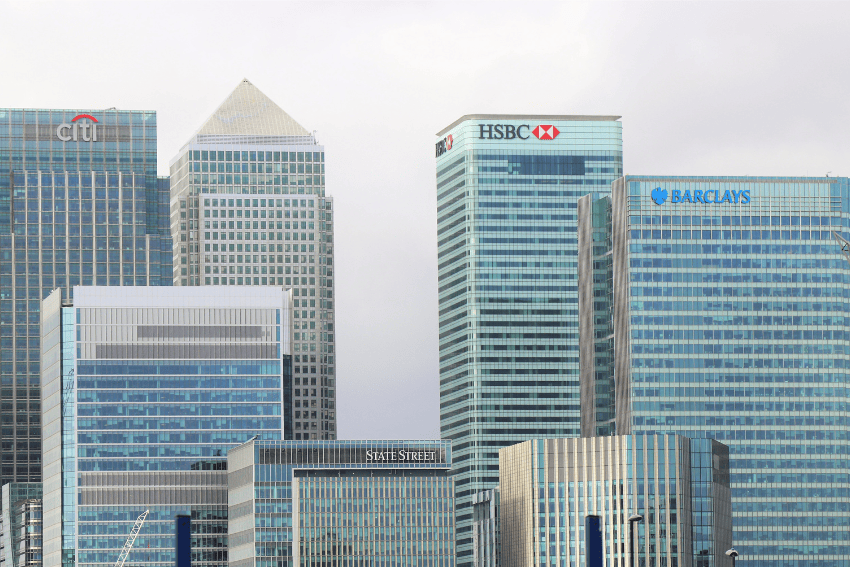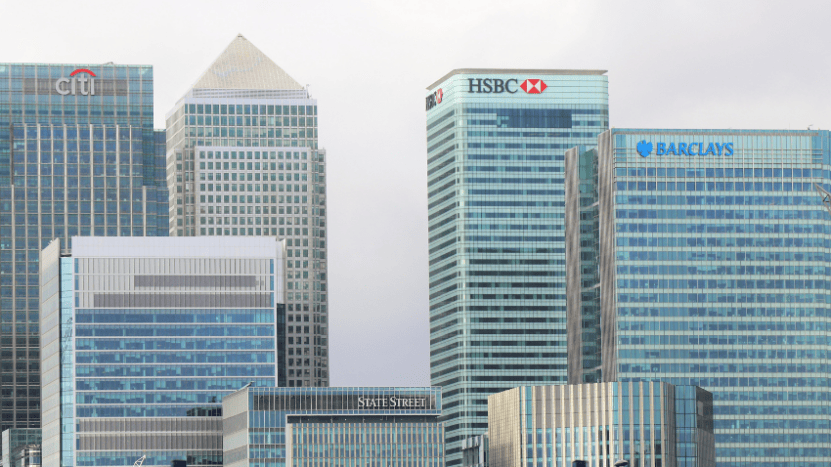
Most mortgages in America are funded by “mortgage banks” – which are entities that solely originate, underwrite, and fund mortgages; they do not hold deposits or do any of the things that commercial banks traditionally do.
Rocket Mortgage, loanDepot, Guaranteed Rate, Guild Mortgage, American Pacific Mortgage, Fairway Independent Mortgage, and CrossCountry Mortgage are all examples of mortgage banks. JVM Lending is in that channel as well.
There are two other channels for mortgages (broker & commercial bank channels) and I encourage readers to go to this blog if they’d like more info: The 3 Primary Mortgage Lending Channels.
Mortgage banks are not allowed to retain the mortgage loans they fund, as both regulators and their warehouse lenders prohibit it.
So, mortgage banks have to sell every loan they fund to “investors” on the secondary mortgage market for “a premium” (e.g. selling a $500,000 loan for $510,000), and that is also how they make most of their money.
I should add that mortgage banks can also make money by selling the “mortgage servicing rights” (MSRs) or by retaining the MSRs and doing the servicing itself and collecting the fees. They can also make additional money by charging borrowers “points and fees.”
But for today’s blog, I am just focusing on selling mortgages.
When mortgage banks “lock” an interest rate for a borrower, they are guaranteeing that rate for a specified period (usually 15, 30, 45, or 60 days).
They can lock those rates in two ways: (1) “Best Efforts;” or (2) “Mandatory Delivery.” I am not going to explain the origin of the terms in this blog for brevity’s sake.
Best Efforts means that we designate the investor that will buy the loan at the time of lock, and we then underwrite the loan for that investor’s specific guidelines.
After we fund the loan, we then sell it to that investor who is pretty much waiting for it.
Mandatory locks mean that we simply lock a rate based on prevailing market conditions, and then put the loan “out for bids” to numerous investors after we fund the loan – and the highest bidder gets the loan.
Mandatory locks are potentially more profitable but also riskier because we have to hedge those locks and risk a changing market in general. (I am oversimplifying all of this a bit for brevity’s sake once again)
Danger: Unsalable Loan!
What is really risky though is missing a major loan guideline by accident and then ending up with an unsalable loan. We (meaning my wife Heejin and I) lost $180,000 a few years back, for example, when we funded a jumbo loan with an appraisal issue – and we were forced to sell it at a steep discount on the “scratch and dent market.”
This is why mortgage banks are so careful about collecting every necessary condition, particularly for jumbo loans when the stakes are so high and the guidelines are much more stringent.
Most of our jumbo loans are locked “best efforts” (where we underwrite for a specific investor) while most of our conforming and FHA loans are locked “mandatory” (where we underwrite to general Fannie, Freddie, or FHA guidelines – and sell the loan to the highest bidder).
Investors Who Buy Loans
So – who are these “investors” that buy our loans? Some are commercial banks, some are private companies, some are real estate investment trusts, and some are other mortgage banks.
Here are just a few of the more prominent names: Citibank, U.S. Bank, Truist Bank, M&T Bank, Planet Home Lending, PennyMac, Freedom Mortgage and NewRez. NOTE: Wells Fargo used to be a major investor until they left the market a few weeks ago.
Fannie and Freddie are also major investors that we can sell loans directly to, but we often get paid more selling to other investors.
Fannie Mae Saves the World!
As a quick sidebar: I often complain about the heavy hand of government and Fannie and Freddie (which are effectively “government” too, given how heavily they are controlled by the government) but Fannie and Freddie quite literally saved the mortgage market in 2020 when COVID hit.
This is because most of the private investors stopped buying loans, and if Fannie and Freddie hadn’t stepped in, it would have been catastrophic for the mortgage industry. This is because we all would have had numerous unsalable loans, but for Fannie and Freddie, and it would have wiped us out.
Why Investors Buy Loans
Jumbo investors (mostly major banks) often buy our loans to retain them in their portfolios for the interest return and sometimes so they can nurture additional banking relationships with those borrowers.
The investors that buy our conforming and FHA loans are often “aggregators” who buy loans en masse so they can bundle and securitize them (turn them into mortgage-backed securities) and make money by selling the securities.
And all investors buy loans because they desire more volume than they can originate on their own, or they don’t originate at all.
Jay Voorhees
Founder | JVM Lending
(855) 855-4491 | DRE# 1197176, NMLS# 310167
























